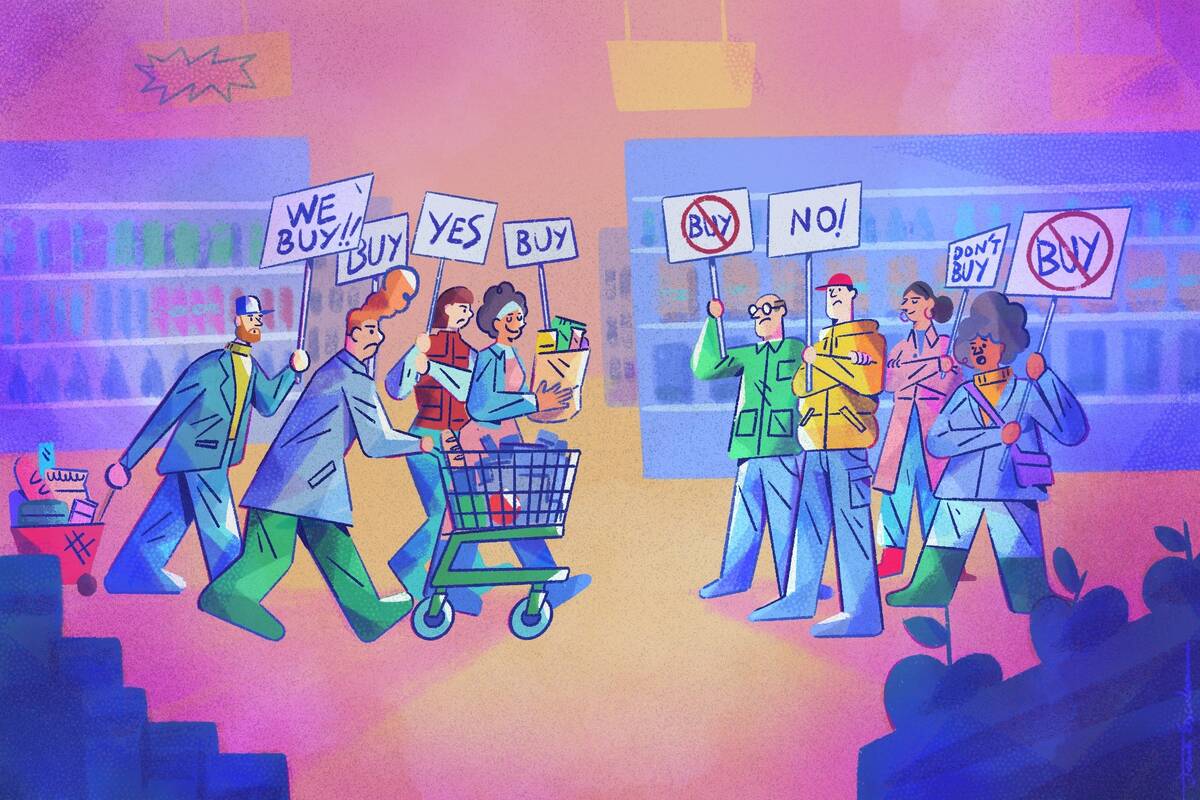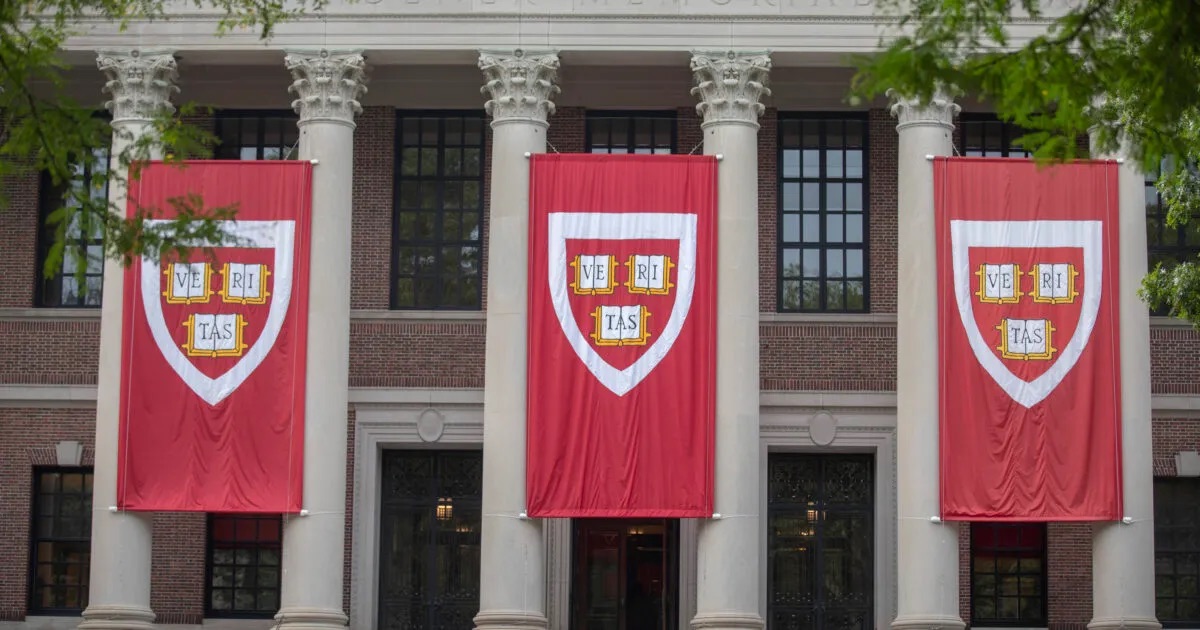Amid the growing momentum of social justice movements and the escalation of crises, acts of public resistance such as protests, boycotts, and civil disobedience have surged in both visibility and frequency. These methods have become powerful tools for advocating change, drawing widespread attention to worldwide injustices. As a result, activism has evolved into a central force in shaping public discourse and influencing policy.
One of the most widespread boycotts currently is the Starbucks Boycott, spurred by disagreement between Starbucks Workers United (Starbucks’ Union) and the corporation. Shortly after October 7, when around 1,200 Israelis were killed by Hamas, Starbucks Workers United posted a statement in support of Palestine in response to the Israel-Hamas Conflict, featuring a bulldozer (owned by Hamas) tearing down part of the Israel and Gaza border. Starbucks received a wide amount of hate online for the Union’s statement, as the bulldozer in the back of the image implied support of Hamas or for violence. In turn, Starbucks’ Executive Vice President posted, “Starbucks unequivocally condemns acts of terrorism, hate, and violence committed by Hamas, and we strongly disagree with the views expressed by Workers United…including ‘Starbucks Workers United.’”
Starbucks then sued Workers United in federal court for defamation and trademark infringement. Workers United responded with its own filing, claiming it should be able to continue using Starbucks’ name and logo and claiming that Starbucks defamed the union by implying that it supports terrorism and violence. Ever since, Starbucks has used the situation with Starbucks Workers United to go anti-union, and continue their past of aggressive union-busting.
In January, the company gave smaller raises to workers at union stores in comparison to those at nonunion stores. Additionally, they provided new benefits to nonunion stores, including more career opportunities, better scheduling, access to programs to improve credit scores, but none of these privileges were offered to union stores.
As a result of the boycotts, Starbucks has reportedly lost $11 billion in profit, as reported by the Economic Times, and it is expected that losses will continue to rise unless the company addresses the situation.To call for a boycott of Israeli and international companies people believe are complicit in violating Palestinian rights, Palestinian-led non-violent movement BDS (boycott, divest, sanction) has a detailed list of corporations and companies on their website about targeted boycotts. One of the companies specifically targeted in the BDS list, known for their kids’ meals and widgets, is McDonald’s.
According to an X post on October 22, posted by McDonald’s Israel, McDonald’s has given 100,000 free meals to the Israel Defense Forces, specifically their security and rescue forces, meals adding up to be worth more than $1.3 million. CNBC reported that the company’s stock price has since dropped 10%, and has fallen 5.5% from this time last year. People around the world are waiting for McDonald’s to take action, whether by sending food to Gaza and other affected areas or halting their shipments altogether.
In Congo, militias supported by Uganda and Rwanda are exploiting people and enslaving men, women, and children to extract valuable minerals. Apple sources a group of minerals known as the 3Ts—tantalum, tin, and tungsten—from Congo for use in the production of iPhones. While Apple was initially criticized for using conflict minerals from the region and claimed to have severed ties with Congo-based smelters and refiners five years ago, the company still obtains raw and finished materials from other suppliers operating there.
In April 2024, an Apple Store in Chicago fired an employee for wearing a traditional Palestinian garment, referred to as a keffiyeh, in the store. Impacts of the Apple boycott have yet to be fully realized, they are expected to make an impact soon.
Consumerism plays a significant role in shaping corporate behavior, influencing how companies allocate their resources and sparking boycotts worldwide.






